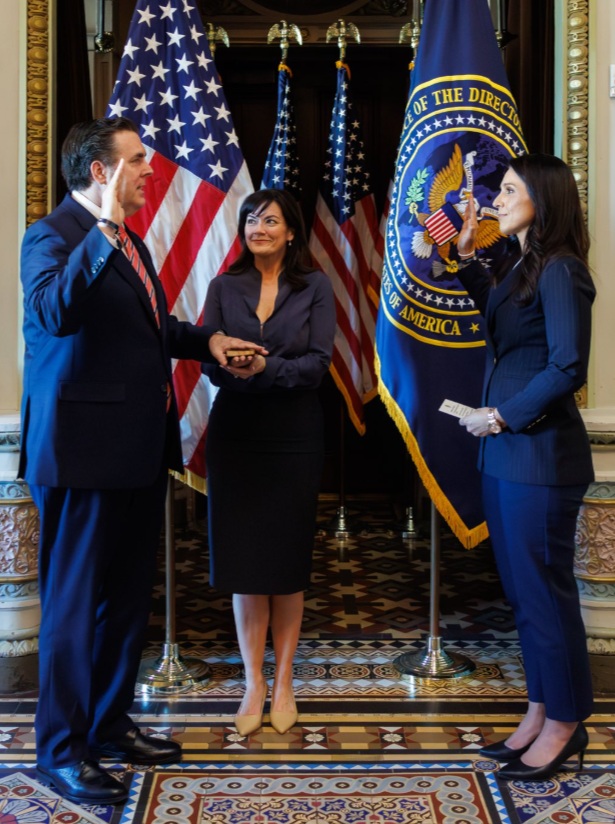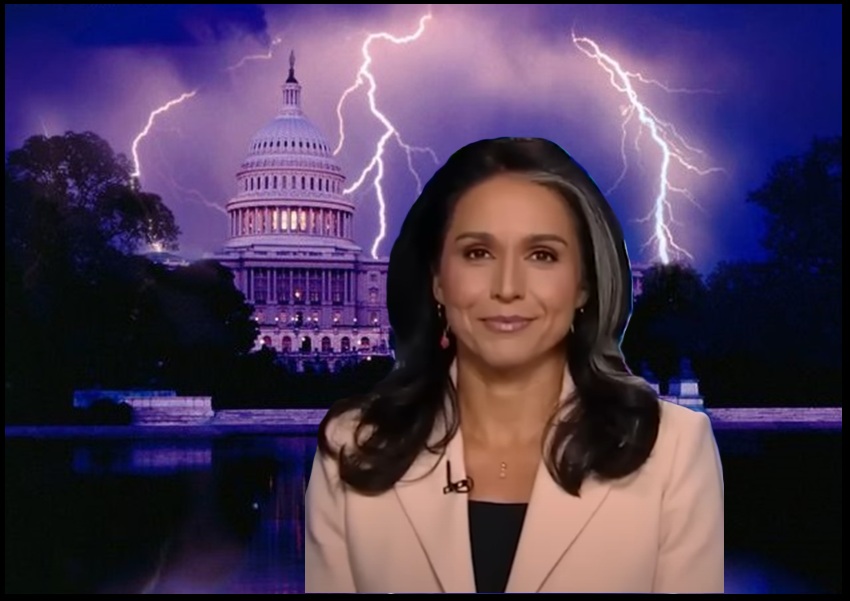Donald Trump is on a roll that few presidents in the U.S. could emulate, but less than a year ago, he might not have gotten re-elected. Nationwide, out of more than 154 million votes cast in 2024, in a handful of swing states, less than 115,000 votes (notably less than one-tenth of one percent), could have swung the election to Harris. That is too close for comfort.
Was it close because of circumstances that few people on the Right consider? For example, during the 2024 campaign, instead of thanking his New Hampshire supporters, laying out his plans for the rest of his campaign, and re-stating his vision for the country, Donald Trump lambasted his opponent: at that time, Nikki Haley.
Some will argue to let Trump freewheel as he desires, but what a waste of free airtime, not to mention the potential loss of Haley's supporters. Then, following Haley's defeat in Nevada to "none of the above," he did it again. Yes, Trump re-won the presidency, but why take such risks?
Embracing Greatness
Following his historic achievements in the Middle East, Donald Trump is now certainly among our most effective presidents ever. During his first term, had it not been for COVID-19, he would have turned in stellar numbers for the economy, employment, and so many other areas. In 2020, 75 million Trump voters were disappointed, if not enraged, by the gross voting irregularitiesperpetrated by Democrats.
While Trump was out of office, he acquired a greater perspective as to what type of person should be leading the USA, but did he develop a greater sense of tact? Why continually belittle opponents, no matter how clever and even humorous such attacks might be?
Joe Biden, as the prime example, was an easy target. He was corrupt beyond belief, a 50-year leech on our republic, and mentally and physically doddering day after day. Still, during rallies and public appearances, when Trump mocked Biden, Trump was gambling with independent voters who might otherwise have decided that they could lean right politically.
Mockery Comes at a Cost
Most public speakers have a distinct need for approval. There's no greater approval than when you say something humorous, everyone in the audience is on the same wavelength, and they laugh along with you. However, it is time to rise above seeking easy chortles.
The number of people whom Trump has verbally castigated, both in terms one and two, is legion. Early on, he claimed that three-time Oscar winner Meryl Streep couldn't act. He has referred to others as stupid, slow, and corrupt.
What is the long-term value of making such statements? For one, many of his statements are demonstrably false. Meryl Streep is the record holder for Academy Award nominations with 21. Amazingly, 17 are for best actress.
Barack Obama, the devil in disguise who personifies evil, maintained his demeanor as a figurehead. He rarely showed anger in public. When he put down others, he did it in a sophisticated way. Obama is the essence of duplicity, subterfuge, and sabotage. The deceptive way in which he conducted himself, even if one can't stand him, was astute.
Turnabout Doesn't Yield the Desired Results
Granted, no matter what Trump or any other Republican does while in office, the Left is continuously irked and seeks ways to diminish and even destroy that person. So, Trump's acts and behaviors, which predictably will upset the Left, ought to be of a high level. Fortunately, he is antagonizing the Left with tremendous policies, breakthrough negotiations, and bold initiatives that actually help the majority of Americans and now the free world.
It's one thing to lambast politicians such as Adam Schiff, Eric Swalwell, Chuck Schumer, Jasmine Crockett, AOC, Ilhan Omar, Hakeem Jeffries, Nancy Pelosi, Kamala Harris, JB Pritzker, and Gavin Newsom. And, understandably, Trump does not like Jack Smith, Fannie Willis, Letitia James, Alvin Bragg, or any of the judges who presided over the kangaroo courts designed to bring him down.
Why continue to spar, however, with the likes of Rosie O'Donnell? Why delve into any affairs related to Jimmy Kimmel? Why make unflattering statements about Taylor Swift, who is the most popular entertainer in the world?
Entice Them, Don’t Rebuff Them
As much as we wish it, the Left is simply not dead. In the coming year, we need to convert as many independents as possible, and even Democrats, to assure that we have a majority in Congress. Two years hence, we need to win the presidency, Congress, and as many state houses as we can.
Many voters who are on the fence could lean our way with some gentle nudges. Concurrently, despite all of the GOP’s accomplishments thus far and presumably into 2026, if we errantly hand fence-straddlers reasons to avoid pulling Republican levers in the voting booth, the consequences could be horrendous.











